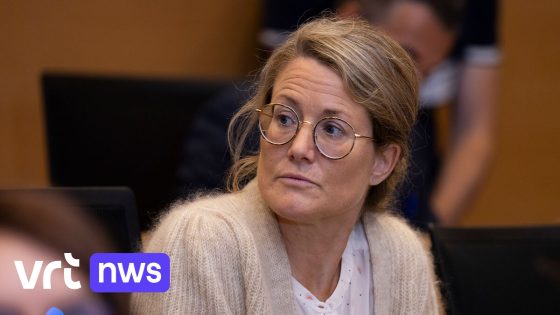The ongoing scandal involving Tony Coonen and the socialist mutuality has captured Belgium’s attention. Allegations of misuse of a top position and financial misconduct have raised serious questions about governance within mutual insurance organizations. As of 2025-06-02 20:13:00, the case remains a focal point in Belgian News, with prosecutors demanding significant penalties.
- Parket claims Tony Coonen misused top position
- Prosecutors demand 4-year sentence, fine, ban
- Ex-topman admits misuse of mutuality funds
- Victims highlight lavish lifestyle funded illicitly
- Solidaris demands millions over corrupt deals
- Allegations involve project developers and favoritism
Authorities claim that Tony Coonen exploited his leadership role at De Voorzorg Limburg to unlawfully enrich himself by over 4.3 million euros. The public is left wondering how such large-scale financial misconduct could occur within a mutuality meant to serve the community. This controversy has triggered widespread calls for transparency and stricter oversight.
What does this mean for Belgium’s mutual insurance system and public trust? The unfolding trial and related investigations provide crucial insights into the challenges faced by mutualities today. Let’s explore the key developments and their local impact.
Why did this financial abuse happen, and what lessons can Belgium learn? The case reveals vulnerabilities in mutual governance and raises important questions about accountability:
- Prosecutors seek four years in prison, fines, and a ban on holding office for Coonen.
- Allegations include lavish personal expenses charged to the mutuality, such as Christmas decorations.
- Solidaris demands millions in damages, emphasizing the scale of the alleged financial harm.
- The public’s reaction reflects growing impatience with opaque dealings in social organizations.
As the trial progresses, Belgian citizens and policymakers must ask: how can mutualities rebuild trust and ensure transparency? The outcome may set important precedents, encouraging reforms that protect both members and the public interest.

































